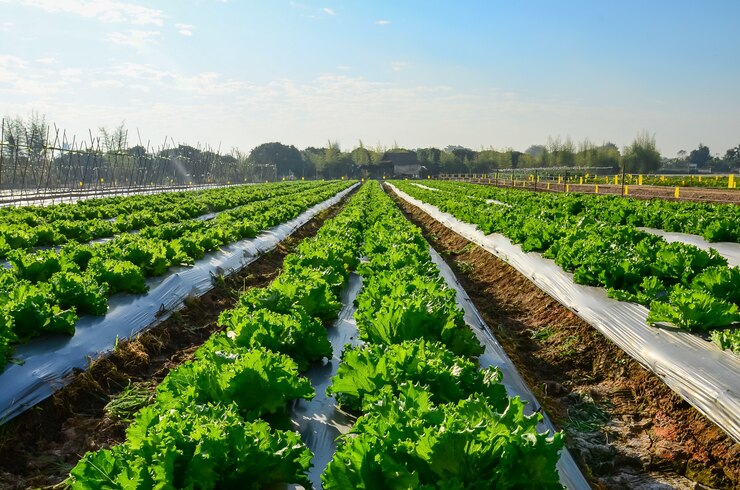Small-scale vegetable farming plays a vital role in food security, job creation, and poverty reduction, particularly in developing economies. Recognising the importance of this sector, many governments around the world, including South Africa, Kenya, Nigeria, and others, have introduced grants and financial assistance programs tailored to smallholder vegetable farmers. These grants are designed to help farmers access inputs, improve infrastructure, adopt modern technology, and expand their operations.
Government grants are typically non-repayable funds awarded to farmers who meet certain criteria. Unlike loans, these funds do not have to be paid back, making them an attractive option for small-scale farmers with limited financial capacity. Grants may be distributed through national agricultural departments, rural development agencies, or partnerships between governments and NGOs.
One of the most well-known support mechanisms is input grants. These are provided to assist farmers in purchasing seeds, organic or chemical fertilizers, pesticides, irrigation equipment, and protective netting. For vegetable growers, input support is crucial because the cost of high-quality seeds and agrochemicals can be a significant barrier to productivity and profitability.
Another popular form of support is the infrastructure grant. Small-scale vegetable farmers often lack access to proper storage facilities, greenhouses, water tanks, and fencing. Government programs may offer partial or full funding to build these essential structures. Improved infrastructure not only helps farmers reduce post-harvest losses but also extends the growing season and protects crops from climate variability.
Governments also offer training and mentorship grants, which cover the costs of agricultural extension services, farm management workshops, and access to expert consultants. These programs are essential in empowering farmers with up-to-date knowledge about climate-smart agriculture, pest control, organic practices, and record keeping. Capacity building helps smallholders maximise their grant usage and improve long-term sustainability.
In some regions, technology and innovation grants are available for farmers who want to integrate digital farming tools. These include precision farming applications, mobile soil testers, automated irrigation systems, and climate monitoring devices. By embracing agri-tech, small-scale vegetable producers can improve efficiency, reduce waste, and make informed decisions on the farm.
Access to grants is usually based on several criteria, including land size, type of crops grown, income level, and commitment to farming. Applicants may need to submit a business plan, proof of land use, registration with a farmers’ association or cooperative, and in some cases, attend an evaluation interview or site visit. Governments aim to ensure that grants are awarded to active, dedicated farmers who will use the funds responsibly.
In South Africa, for example, programs like the Comprehensive Agricultural Support Programme (CASP) and Ilima/Letsema have been instrumental in supporting smallholder farmers, including those growing vegetables. These programs offer both financial and technical support. In Kenya, the Youth Enterprise Development Fund and Women Enterprise Fund also provide opportunities for young and female vegetable farmers to receive funding.
Applying for a government grant typically involves visiting the local agricultural office or submitting an online application through official government portals. Farmers are encouraged to stay informed about open calls for applications, funding cycles, and deadlines.
Government grants for small-scale vegetable farmers are a lifeline that can significantly enhance productivity, income, and food security. From input support to infrastructure development, training, and innovation funding, these grants provide critical resources to help farmers scale up sustainably. With the right information and guidance, smallholder vegetable farmers can successfully access these opportunities and contribute to the growth of the agricultural sector.







